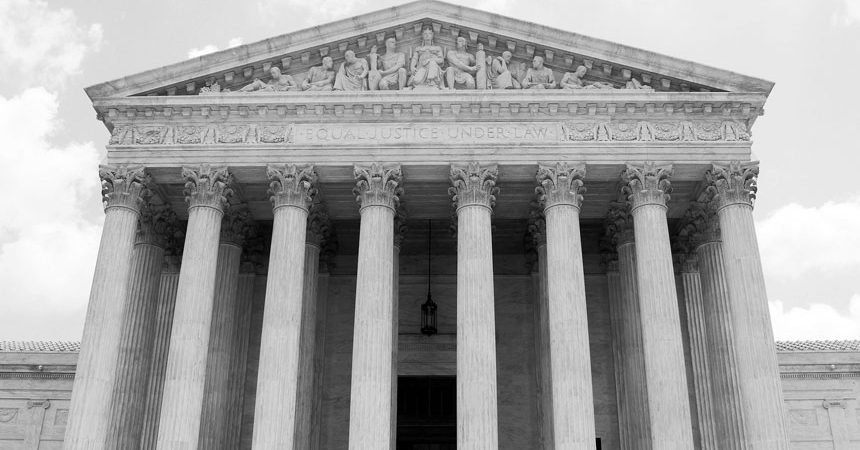WEST CHESTER – A Common Pleas Court judge has ruled that a statement taken from a suspect in two West Chester rapes cannot be used at his trial because police questioning him had improperly circumvented his Miranda rights by not telling him they had an arrest warrant in the case. Judge David Bortner on April 30 ruled in favor of Orobosa Izineg “Robbie” Enagbare’s motion to suppress the statement he gave to borough investigators in which he allegedly admitted sexually assaulting a borough woman, whose boyfriend he knew, after a night of drinking.
Bortner said that Detective Stan Billie, in not informing Enagbare that a warrant for his arrest had been issued one day prior to the interview took place, had purposefully acted to get around the constraints of reading him his rights to remain silent and to have an attorney present during questioning. Bortner wrote that he believed Billie did not give Enagbare the standard Miranda notification because if he did the suspect might not have spoken with him. “This conduct is improper and impermissible,” Bortner wrote in his six-page opinion and order. He rejected the prosecution’s contention that Billie’s strategy was acceptable because he had told Enagbare that he was not in custody and was free to leave or end the questioning.
District Attorney Thomas Hogan, while declining to comment on the judge’s ruling, said on Tuesday that his office would appeal the decision to the state Superior Court. Such an appeal would delay the start of Enagbare’s trial on the set of charges against him until the matter is settled. Enagbare, 23, of Downingtown is charged with two counts of rape, two counts of aggravated indecent assault, indecent assault, and sexual assault involving two different women, both of them West Chester University students he was acquainted with. One occurred at a house on South Matlack Street in West Chester in March 2012 involving a woman who said Enagbare had assaulted her when she fell asleep after they had been drinking.
The second occurred on May 27 at a house on South Church Street in the borough. A 21-year-old woman told borough police she had met Enagbare while out on the town the night before, and asked him to walk her home for her safety because she had been drinking heavily. Once there, she fell asleep on a sofa, and awoke to find Enagbare sexually assaulting her, she said. Billie obtained a warrant for Enagbare’s arrest on May 30. On May 31, he contacted Enagbare at the Avondale Fire Co., where the suspect worked, and asked him if he could speak with him about the events of May 27. Enagbare agreed, and Billie and Detective Sgt. Louis DeShullo drove to the station. The two men did not tell Enagbare that they had the arrest warrant with his name on it with them.
They three spoke for about 47 minutes, at the end of which Billie informed Enagbare of the warrant. Enagbare’s attorney, Gina Capuano of Philadelphia, argued in the motion she filed on his behalf that the existence of the arrest warrant required Billie to inform her client of his Miranda rights. The prosecution, led by Assistant District Attorney Max O’Keefe, argued in a hearing last month that because Enagbare believed that he was not in custody at the time, the officers were free to withhold information about the warrant. The prosecution offered case law that they said supported their contention, but Bortner disagreed.
One case involved a suspect who was arrested for child pornography after police got an arrest warrant on an unrelated matter. The second involved questioning during a routine traffic stop. The second case, “applies to minor offenses and routine traffic stops and does not extend to situations involving serious felony charges like the case presently before the court,” Bortner wrote. Indeed, he said that the U.S. Supreme Court, in ruling in the case, noted that police should not be allowed to circumvent the Miranda warnings by having interrogations without notifying the suspect of a warrant. The prosecution’s case involves not only Enagbare’s incriminating statement, but also the victim’s accusation and a taped telephone conversation she and Enagbare had afterwards. In it, she said, “You realize you raped me, right? The complaint states that he replied, “Yes. It was my fault.”



